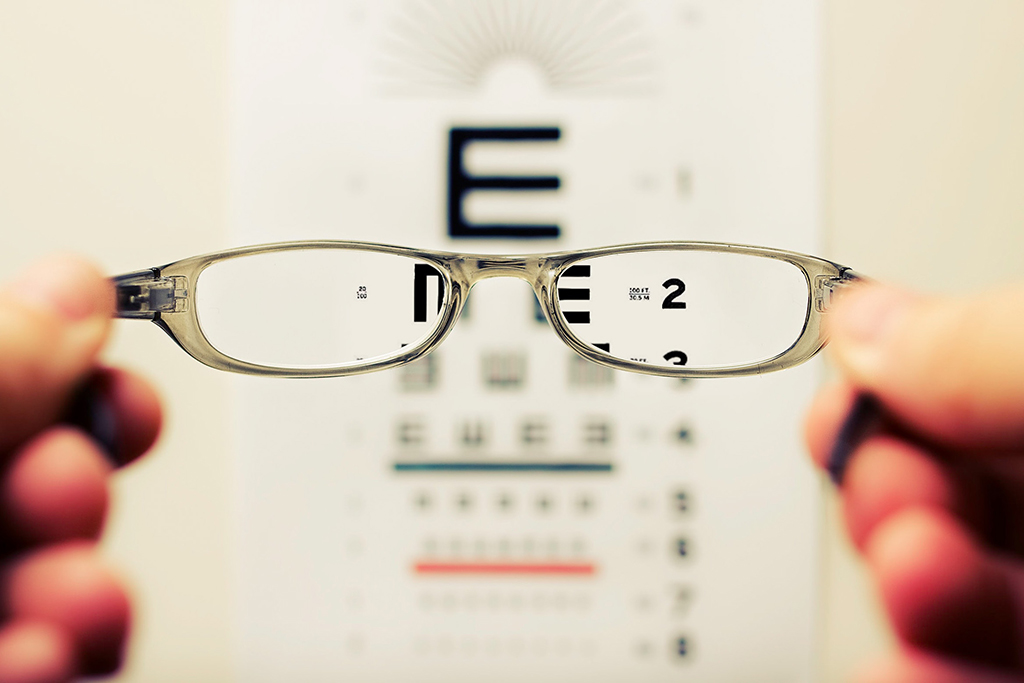Do You Have 2020 IP Vision?

If you own a business, you use intellectual property (IP), whether it is your own or someone else’s. Your 2020 IP goals should include: 1) determine what IP you own and how/if you are properly protecting it and 2) determine where/how you are utilizing someone’s IP and whether you have permission/a license to use it in your business.
Do you create works with content that ultimately produces income?
That’s IP. Content includes the written text (books, blogs, etc.), images (photos or designed graphics), video, presentations, artwork and sculptures. If you are a speaker, a writer, a coach, a consultant, a trainer, a graphic designer, a photographer, artist, or a video producer, for example, to maximally protect your income-producing content, you should register your works with the U.S. Copyright Office. Registration allows you to pursue infringers in court and registration before an infringement occurs allows for larger damages.
Your branding is IP.
Branding is not just messaging to potential customers; it is a source identifier. Business names, product names, logos, taglines, and even colors identify your business to the public. The goodwill generated by these brand identifiers is protected under state and/or federal trademark law and you are allowed to stop others from copying your branding and causing confusion in the marketplace. Think of trademarks as “identity theft prevention” devices.
Do you have confidential information that has economic value because it is known only to your business?
Proprietary processes, formulas, procedures, customer lists, know-how, and other information that is confidential to your business is protected under state and/or federal trade secret law. To qualify for trade secret protection under the law, businesses need to establish reasonable protocols to keep the information secret and confidential, such as having adequate technological and physical security, as well as proper non-disclosure agreements with employees and other business entities.
Are you developing innovative or disruptive products?
Your invention may qualify for patent protection. A patent is a government grant that gives an inventor the exclusive right to make, use or sell their invention for a limited time, in exchange for disclosure of that invention. To qualify for patent protection, the invention must be useful, novel, and not obvious to someone familiar with the field of invention. If someone copies your invention, a patent will give you the legal basis for instituting an infringement lawsuit. A patent also gives owners leverage for obtaining licensing agreements, manufacturing agreements and distribution agreements. And if truly a valuable idea, the inventor may be able sell the rights to the patent to another entity to fully commercialize.
If you are utilizing any of the above IP that you do not own, you are at risk for infringement.
Especially if you use it online (your website, your social media posts, etc.) — because there are algorithms out there that will discover it for IP owners, who will eagerly enforce their rights. Even if you were not aware of the infringement, you can still be held liable. Either you need to stop using the IP (and create your own as an alternative), or you should seek to obtain a license if anyone else’s specific IP is essential for you to run your business. Conversely, you need to police your own IP (after properly protecting it) and make sure no one is stealing from your hard work and protect your IP portfolio.
Pittsburgh Intellectual Property Attorneys
Kathleen Kuznicki assists business owners, entrepreneurs and inventors with all things related to intellectual property and brand protection, including patents, trademarks, copyrights and licensing. She can be reached via email at Kathleen Kuznicki or (724) 776-8000.
You might also be interested in the following posts:




